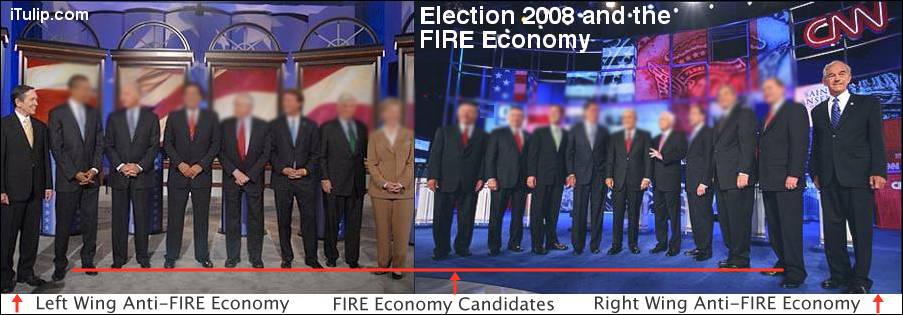Re: The deflation case: caught, gutted, poached and eaten
It's a global multi trillion us dollar problem.
I call it the "resource theater".
http://www.bloomberg.com/apps/news?p...AgA&refer=home
Expect more of this from our gov.
http://www.reuters.com/article/polit...e=politicsNews
Originally posted by FRED
View Post
I call it the "resource theater".
http://www.bloomberg.com/apps/news?p...AgA&refer=home
Buffett Says U.S. Trade Imbalance Lures Sovereign Wealth Funds
By Josh P. Hamilton
March 1 (Bloomberg) -- Billionaire investor Warren Buffett stepped into a debate about the emergence of sovereign wealth funds, saying the government-controlled firms are fueled by U.S. spending overseas, not political motives.
``This is our doing, not some nefarious plot by foreign governments,'' Buffett, the chairman of Berkshire Hathaway Inc., said yesterday in his annual letter to shareholders. ``Our trade equation guarantees massive foreign investment in the U.S. When we force-feed $2 billion daily to the rest of the world, they must invest in something here.''
Countries including China, Russia and Dubai have deployed record central bank reserves to set up funds wielding as much as $2.9 trillion. Firms from Singapore, Korea, Kuwait and Abu Dhabi bought stakes during the past four months in Citigroup Inc., the biggest U.S. bank by assets, and Merrill Lynch & Co., the world's biggest brokerage. Officials from the U.S. Treasury Department and the Securities and Exchange Commission have said there's a risk government-controlled funds may invest to achieve political, rather than commercial, ends.
``He's right that we're the ones that created the problem in the first place,'' said Mohnish Pabrai, who manages $600 million at Pabrai Investment Funds in Irvine, California. ``The U.S. is better off if foreign governments buy Treasuries, because we have a printing press for them, but if I were running China's money, I'd be buying U.S. companies, oil reserves, hard assets too.''
By Josh P. Hamilton
March 1 (Bloomberg) -- Billionaire investor Warren Buffett stepped into a debate about the emergence of sovereign wealth funds, saying the government-controlled firms are fueled by U.S. spending overseas, not political motives.
``This is our doing, not some nefarious plot by foreign governments,'' Buffett, the chairman of Berkshire Hathaway Inc., said yesterday in his annual letter to shareholders. ``Our trade equation guarantees massive foreign investment in the U.S. When we force-feed $2 billion daily to the rest of the world, they must invest in something here.''
Countries including China, Russia and Dubai have deployed record central bank reserves to set up funds wielding as much as $2.9 trillion. Firms from Singapore, Korea, Kuwait and Abu Dhabi bought stakes during the past four months in Citigroup Inc., the biggest U.S. bank by assets, and Merrill Lynch & Co., the world's biggest brokerage. Officials from the U.S. Treasury Department and the Securities and Exchange Commission have said there's a risk government-controlled funds may invest to achieve political, rather than commercial, ends.
``He's right that we're the ones that created the problem in the first place,'' said Mohnish Pabrai, who manages $600 million at Pabrai Investment Funds in Irvine, California. ``The U.S. is better off if foreign governments buy Treasuries, because we have a printing press for them, but if I were running China's money, I'd be buying U.S. companies, oil reserves, hard assets too.''
http://www.reuters.com/article/polit...e=politicsNews
Rep Frank to offer home-buying bill within weeks
Thu Feb 28, 2008
By John Poirier
WASHINGTON (Reuters) - A key House Democrat plans to introduce legislation in the coming weeks that would allow the U.S. government to buy homes whose values have dropped below the cost of the mortgage, an aide said on Thursday.
Thu Feb 28, 2008
By John Poirier
WASHINGTON (Reuters) - A key House Democrat plans to introduce legislation in the coming weeks that would allow the U.S. government to buy homes whose values have dropped below the cost of the mortgage, an aide said on Thursday.
 ) and will tolerate higher commodity prices - but only to a point.
) and will tolerate higher commodity prices - but only to a point. 

Comment